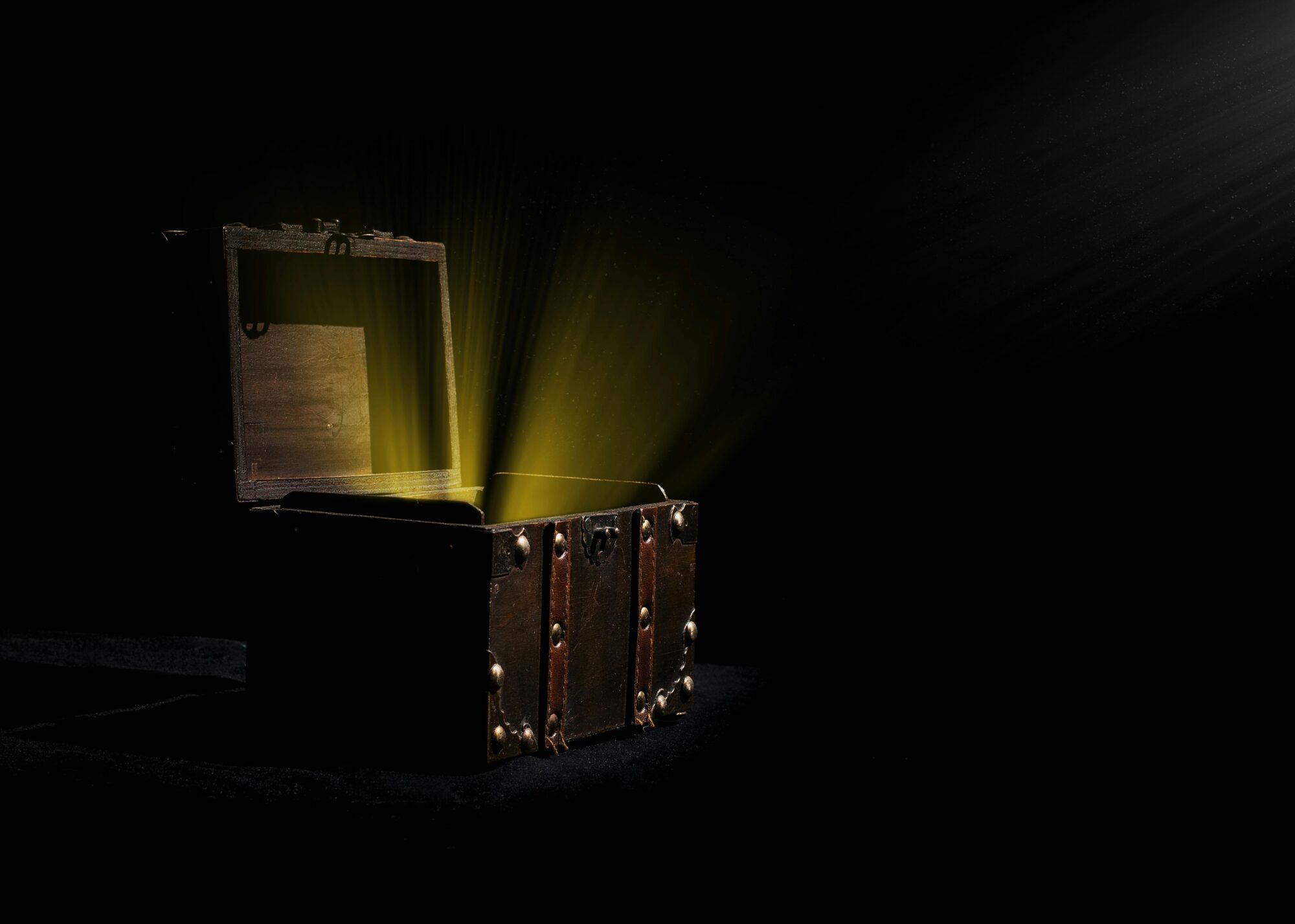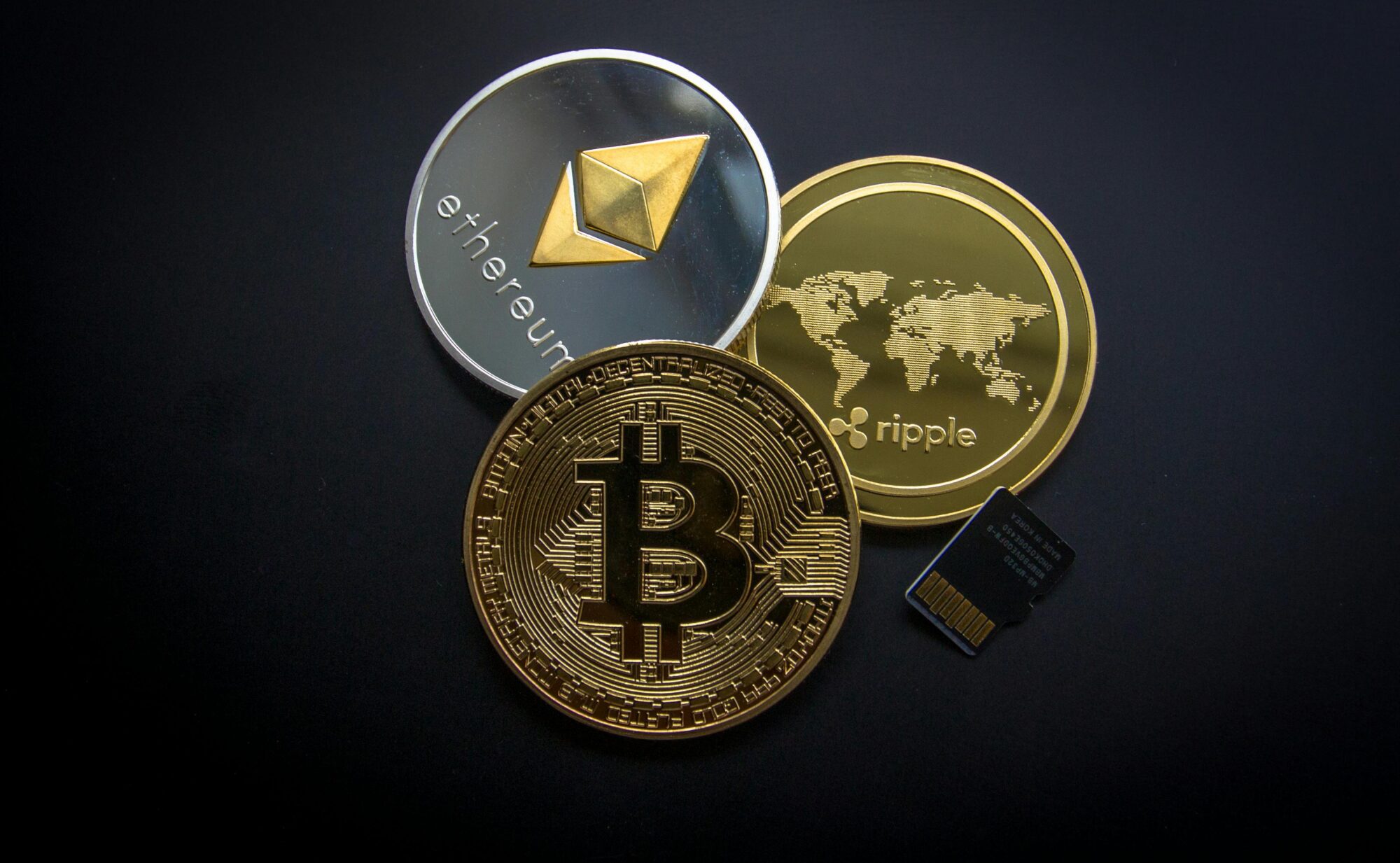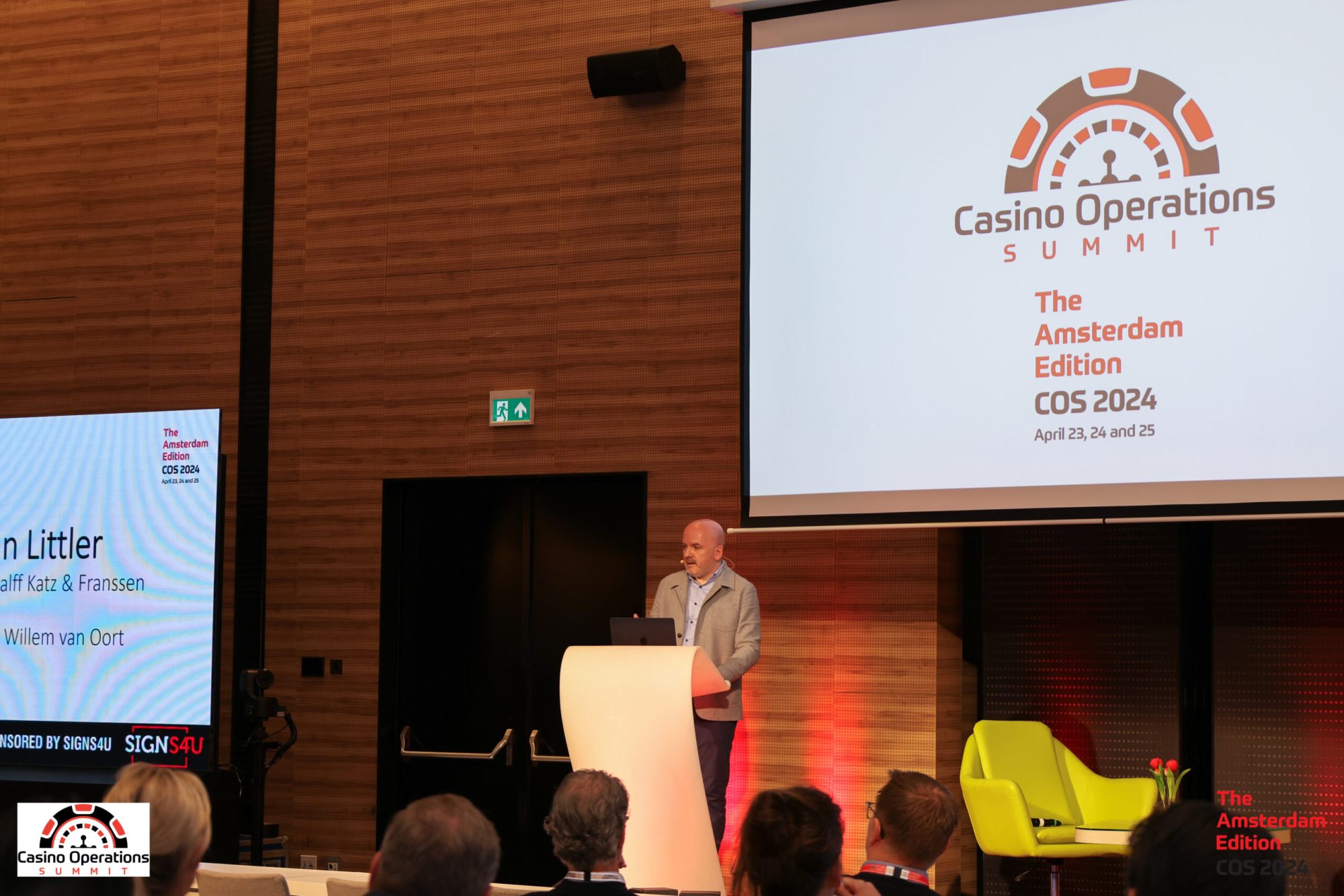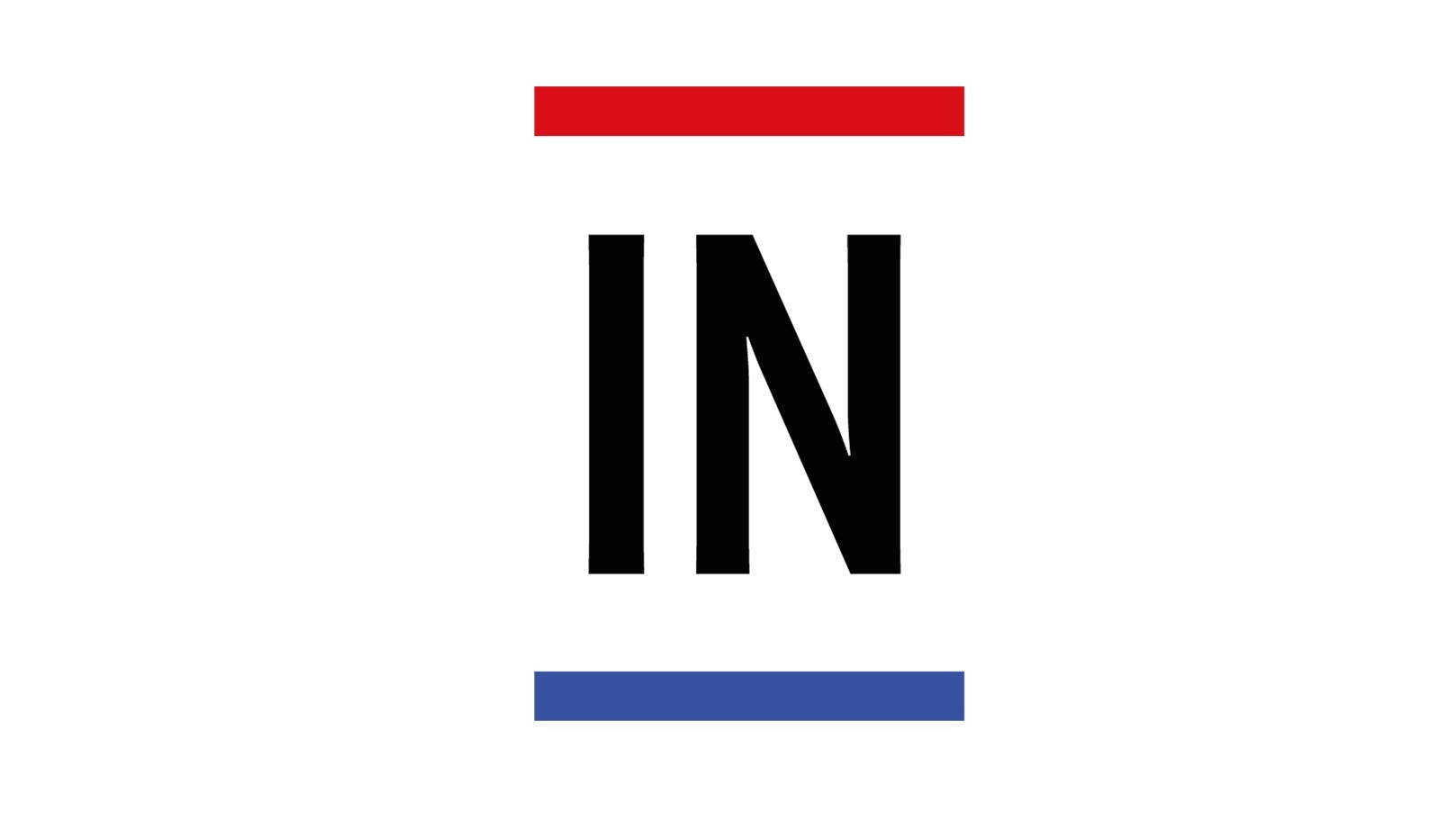
Loot Boxes in Games: An Overview of Recent Developments

- Insights
Loot boxes have become a controversial topic in recent years among politicians and consumer organizations in the Netherlands. Recent developments have further fueled the discussion about a possible ban on loot boxes.
Legislative Debate in the House of Representatives
On 11 November 2024, a legislative debate on digitalization took place in the House of Representatives. During this debate, Minister Beljaarts of Economic Affairs answered questions from MP Ceder (Christian Union) about a motion from July 2022 that called for a ban on loot boxes. Ceder inquired about the expected steps from the European Commission and whether the minister was willing to implement a national ban if a ban at the European level did not materialize.
The minister indicated that he expects the European Commission will publish a draft of the Digital Fairness Act by the end of 2025. It is still unclear whether it will contain explicit rules, such as a ban on loot boxes. According to the minister, it is more effective to regulate loot boxes at the European level, and he will therefore urge the European Commission to include a ban on loot boxes in the Digital Fairness Act.
UNICEF Report
Less than two weeks later, on 11 November 2024, UNICEF Netherlands released a press statement about their survey among 188,000 primary school pupils (aged 8-12). The survey revealed that 92,000 children sometimes make purchases while gaming, and the majority of them regretted these purchases. UNICEF explicitly pointed to loot boxes as one of the purchase that were later regretted.
New Parliamentary Questions and Answers
Following the UNICEF report, MPs Ceder and Krul (CDA) submitted new questions on 27 November 2024, regarding the ban on loot boxes. They asked the minister, among other things, whether he saw the risk of a significant delay in banning loot boxes if it was not included in the European proposal. They also asked why Belgium had succeeded in banning loot boxes at the national level through gambling legislation.
On 18 December 2024, Minister Beljaarts responded. He qualified the results of the UNICEF report as concerning and agreed that the research emphasized the need for a ban on loot boxes. In his answers, the minister reiterated his commitment to stricter regulations on in-app purchases, including a ban on loot boxes.
However, Beljaarts also reiterated that European legislation is more effective than national rules, given that the video game market is international. He pointed out that national rules can be more easily circumvented, while European rules force game providers to adjust their business models. Additionally, the ruling by the Dutch Council of State in March 2022 has complicated the regulation of loot boxes through Dutch gambling legislation. According to the minister, a loot box is almost always part of a broader (skill-based) game. Regulating through national gambling legislation would mean that entire video games would fall under this law.
Therefore, a ban on loot boxes is unlikely to take shape in national legislation. The minister has set his sights on the Digital Fairness Act and reiterated that he will urge the European Commission to quickly come up with a proposal to ban loot boxes. Given the necessary steps the Digital Fairness Act still needs to go through, an actual ban on loot boxes is not expected before 2026.
If you have any questions about loot boxes, game design, or compliance with consumer and/or gambling laws, please feel free to contact us.












